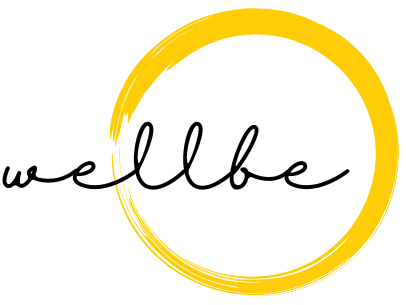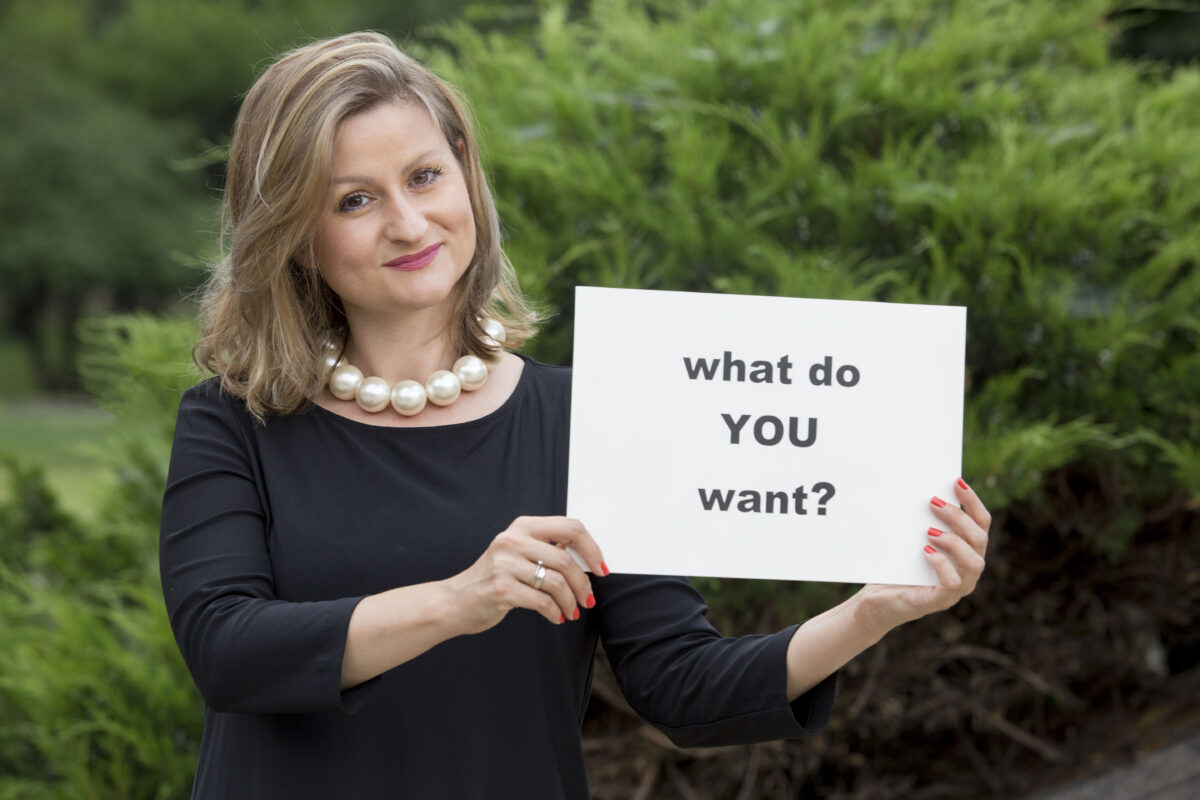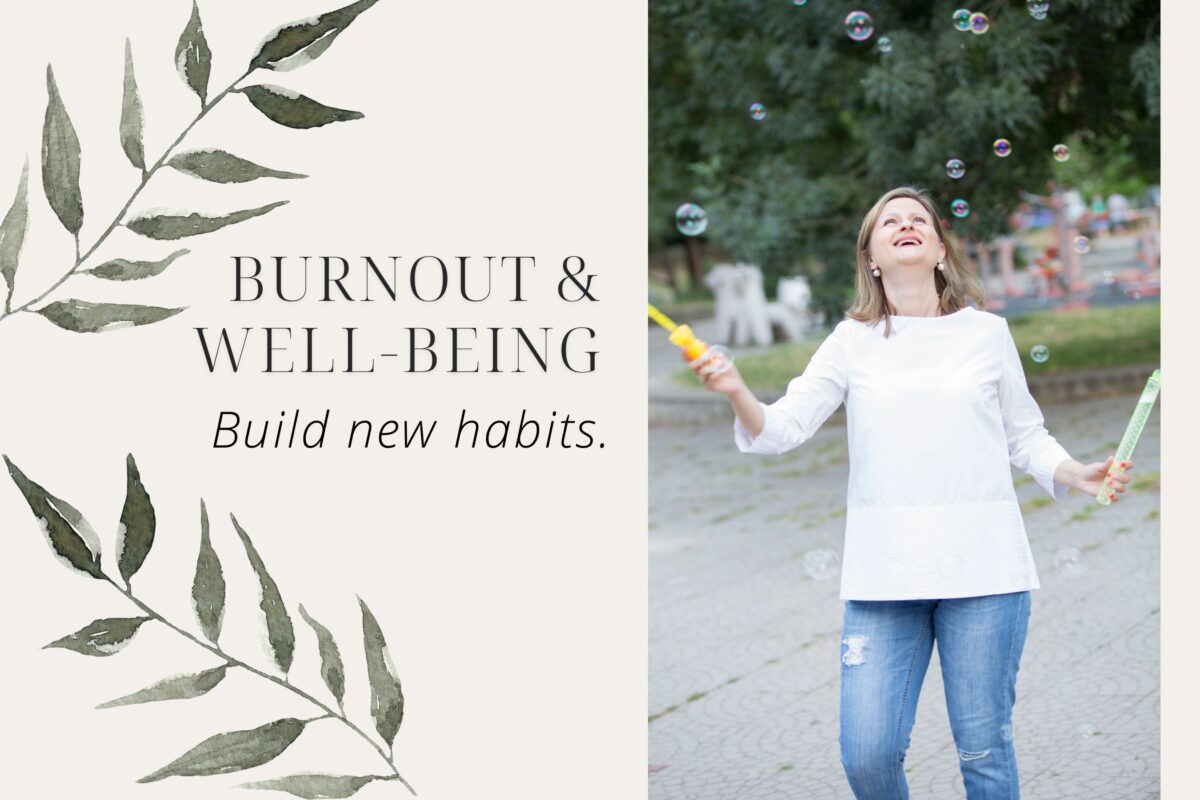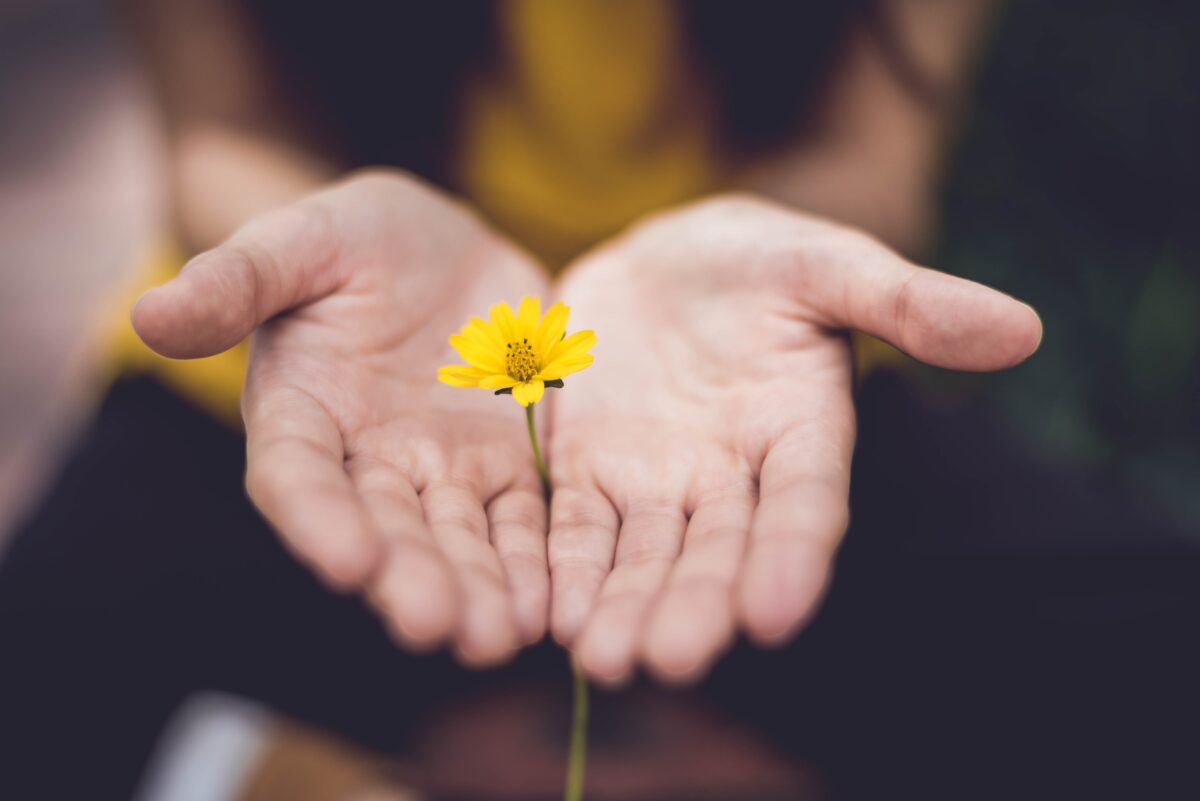Spots are limited, and fee is covered by the Erasmus + Programme of EU, apply now.
“Whether we coach, advise, counsel, facilitate, or mentor, the effectiveness of what we do depends in large measure on our beliefs about human potential. To get the best out of people, we have to believe the best is in there – but how do we know it is, how much is there, and how do we get it out?”
Sir John Whitmore
Are you an adult educator, trainer or facilitator, working with groups and individuals to help them develop a talent or acquire a skill?
Are you curious how principles from coaching can enrich your work and performance as adult educator?
Is exploring coaching part of your wish list?
If you said YES to these 3 questions, “The WellBe Program: coaching for trainers” is what you need. In a 4-month period, you will enrich your professional journey of an adult educator by adding the flavour of coaching to it.
For whom?
- Adult educators, working with learners above 18 y.o., based in one of the following countries: Austria, Belgium, Bulgaria, Serbia;
- Facilitators, Trainers, Educators, Leaders of Training, Learning and Development Departees of organizations, who provide any kind of training or learning in various subjects;
- Professionals from the learning field who educate or facilitate learning for groups, teams, and individuals;
- Professionals from the adult education field who are not certified or trained in coaching skills;
What can you expect by attending our WellBE Training?
- A great learning experience: Intense training program: in two weekends in May 2023: 6 & 7 and 13 &14, online;
- A valuable peer support and development of your coaching skillset: upon your availability between May and July 2023;
- Participation in a tailor-made mentoring program to support you in using coaching in your practice as an adult educator: 3 group online meetings between June and September 2023, with a pause in August;
- Training and learning materials: the handbook “Coaching for Trainers”;
- Additional recourses, tips, and tricks, generously provided by the experienced team of professional trainers.
What are your benefits if you decide to join us?
- Certificate for attendance of the WellBe training programme and the knowledge and confidence when applying coaching in your training activities in blended learning environments;
- A genuine space for personal development and growth through the guidance of a team of professionals coaches and trainers and the power of the group learning;
- Exchange practice and knowledge with the other attendees in an international environment and create new skills;
- Becoming part of a vital and talented international community of professional educators, trainers, facilitators, and coaches
- Full coverage of your participation fee, thanks to the Erasmus + program, which co-funds the WellBe Project.
Sneak peek into the Handbook, accompanying this learning journey
Preliminary contents the WellBe Training Handbook
Part 1: WELD: Trainer of 21st Century
Part 2: EXPLORE: Coaching principles in training
Part 3: LABEL & LINK: Coaching skills for trainers
Part 4: LEVERAGE: Coaching in training
Part 5: BEHOLD & ENABLE: Coaching evaluation
We invite you to register now, deadline for applications: April 10, 2023.
To register, follow THIS LINK: https://forms.gle/nTFucPMeTb8eJC997
By registering for the training program you commit to a 4-months learning and exploration journey and we expect you to take it seriously as we do.
Who is providing this awesome opportunity?
New Mindset Coaching &Training, Belgium
Svetoslava Stoyanova is representing New Mindset Coaching & Training (NMCT). NMCT is Belgium based organization, with the vision and purpose to accompany for-profit and for-impact organizations as well as individuals in the development of conscious leadership models and mindset.
Our mission is to cultivate mindset of learning, growth, and contribution.
Svetoslava Stoyanova is certified Solutions Focused team coach and ICF (International Coaching Federation) accredited individual coach. She is seasoned professional with 20+ years of experience, entrepreneur and trainer with a robust knowledge and expertise in adult and youth education, fundraising, capacity building, organizational culture and health, burnout prevention, leadership practices and impactful communication.
Koučing centar, Serbia
Adrijana Milosavljević and Milena Nikolić are representing Koučing centar. Koučing centar is a boutique consultancy that is partnering with organizations to design evidence and science-based, interactive, and customized learning experiences that create mindsets for a thriving workplace. Koučing centar has a mission in the democratization of coaching and spreading the coaching culture in Europe and the world.
Adrijana Milosavljević is ICF PCC, L&D Expert – she enjoys supporting trainers, coaches, and mentors in developing their skills, and creating a wider impact with their work and societies.
Milena Nikolić is a psychologist, ICF PCC, and L&D consultant – for the last decade she is training, mentoring, and evaluating future coaches and delivering individual, group, and team coaching.
Your Ideas Matter, Bulgaria
Lachezar Afrikanov represents Your Ideas Matter. The organization provides service in training, project design and management, individual and group coaching, and psychological counselling.
As an academic in the field of education management and pedagogy, Lachezar Afrikanov contributes to development of education programmes and tools, conducting research and evaluation. He is design thinking practitioner, coach, and trainer, dedicated to topics such as leadership and finding personal, professional and organisational meaning.




